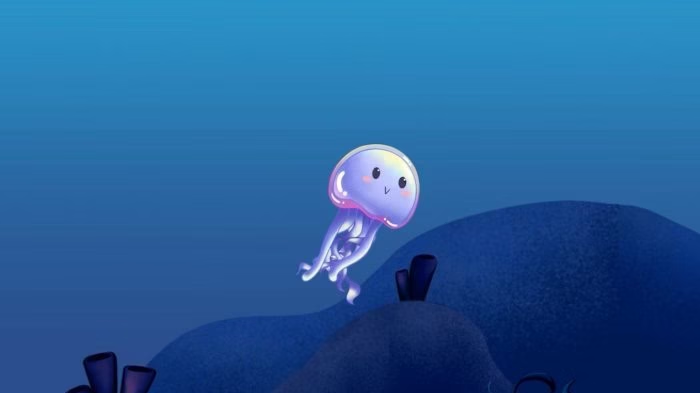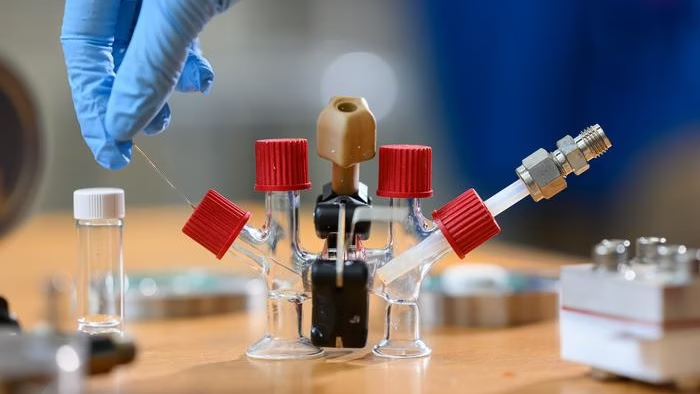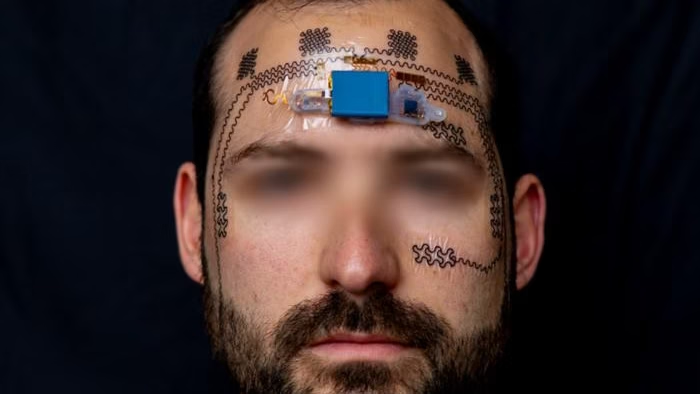Researchers at the University of Maryland, USA, have developed a neural network tool to predict rogue waves up to five minutes in advance, potentially enhancing maritime safety.
From Springer Nature/University of Maryland 20/07/24

A new tool that can be used to predict the emergence of unusually large and unpredictable waves at sea — known as rogue waves — up to five minutes into the future is presented in a study published in Scientific Reports.
The authors suggest that the tool could be used to issue advance warnings to ships and offshore platforms to enable those working on them to seek shelter, perform emergency shutdowns, or maneuver to minimize the impacts of approaching rogue waves.
The tool developed by Thomas Breunung and Balakumar Balachandran consists of a neural network that has been trained to distinguish ocean waves that will be followed by rogue waves, from those that will not.
The authors trained the neural network using a dataset consisting of 14 million 30 minute-long samples of sea surface elevation measurements from 172 buoys located near the shores of the continental United States and the Pacific Islands.

They used their tool to predict the emergence of rogue waves using a separate dataset consisting of 40,000 sea surface elevation measurements from the same buoys.
The authors found that their tool was able to correctly predict the emergence of 75% of rogue waves one minute into the future and 73% of rogue waves five minutes into the future.
The tool was also able to predict the emergence of rogue waves near two buoys not included within the datasets used in training with 75% accuracy one minute into the future.
This highlights that the tool may be capable of predicting rogue waves at new locations.
The authors suggest that the accuracy and advance warning time of their tool’s forecasts could be further improved by incorporating water depth, wind speed, and wave location data.
Future research could also enable the heights of upcoming rogue waves or the times at which they may emerge to be predicted, they add.
More info
You may also be curious about:
-

Oxford physicists recreate extreme quantum vacuum effects in simulation
-

Tiny device spins blood clots away
-

Skin bacteria help protect us from sunlight
-

New brain-reading video game reduces chronic nerve pain
-

Black tea and berries could contribute to healthier aging
-

Viral mouth-taping trend ‘sus’ says Canadian sleep expert
-

New sodium fuel cell could enable electric aviation
-

The most extreme solar storm hit Earth over 14,000 years ago, scientists identify
-

Electronic face tattoo gauges mental strain
-

Solitonic superfluorescence paves way for ambient temp quantum computing
-

Cosmic mystery deepens as astronomers find object flashing in both radio waves and X-rays
-

The rotors are also the wheels on this morphobot
